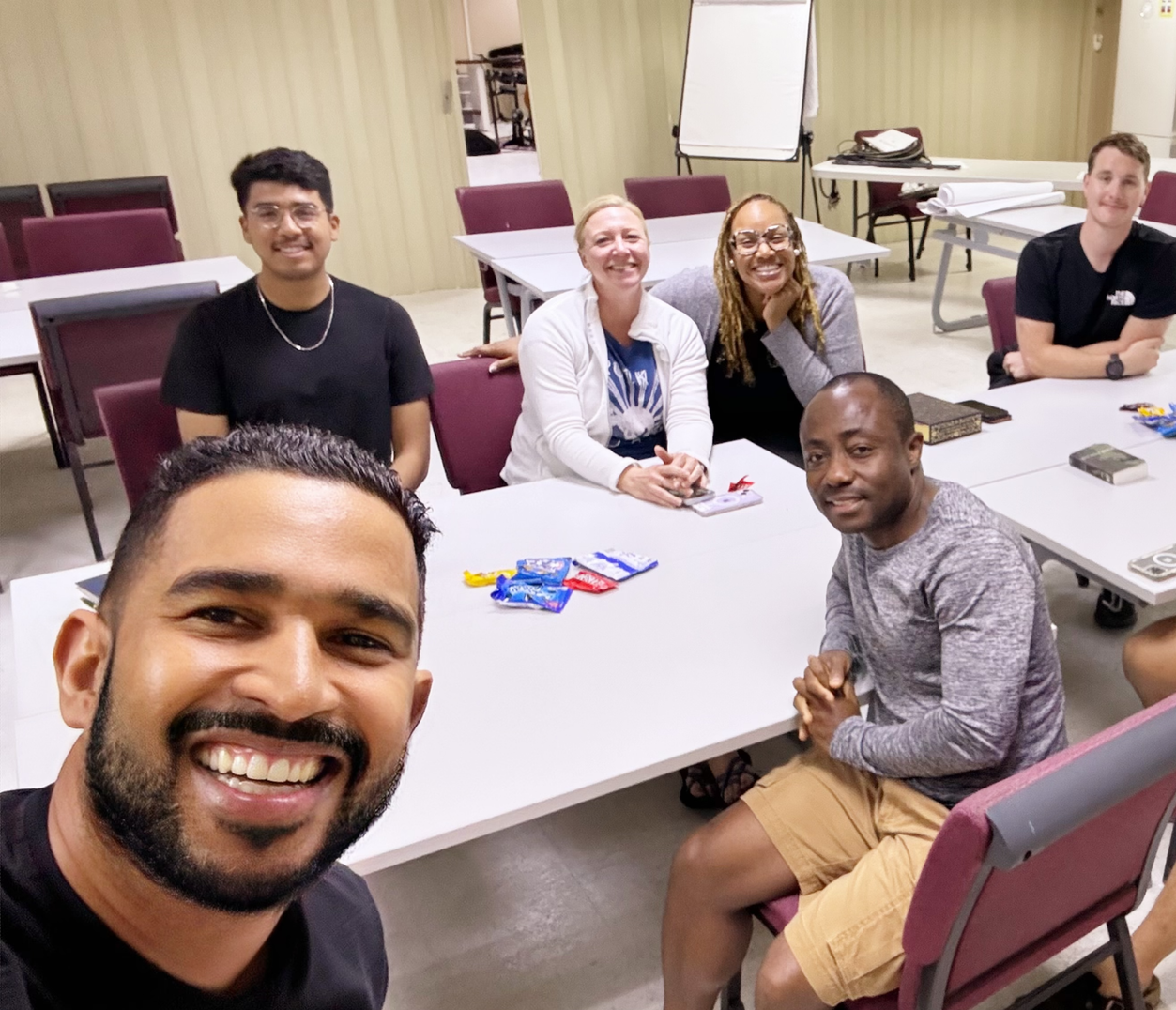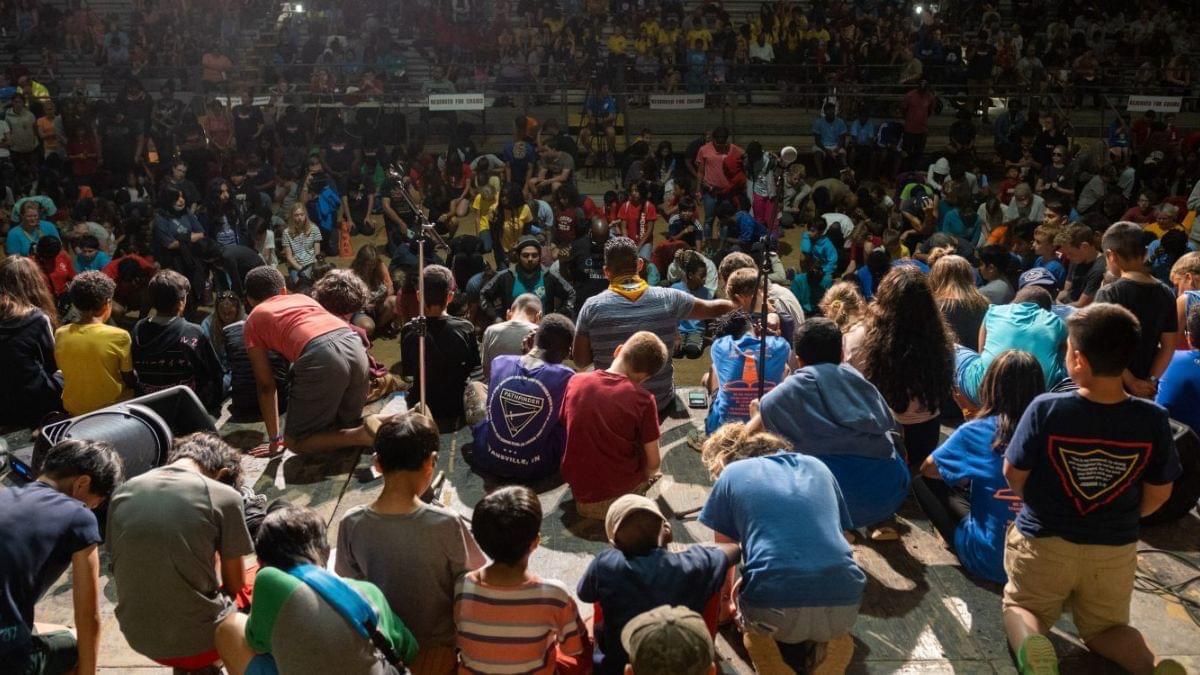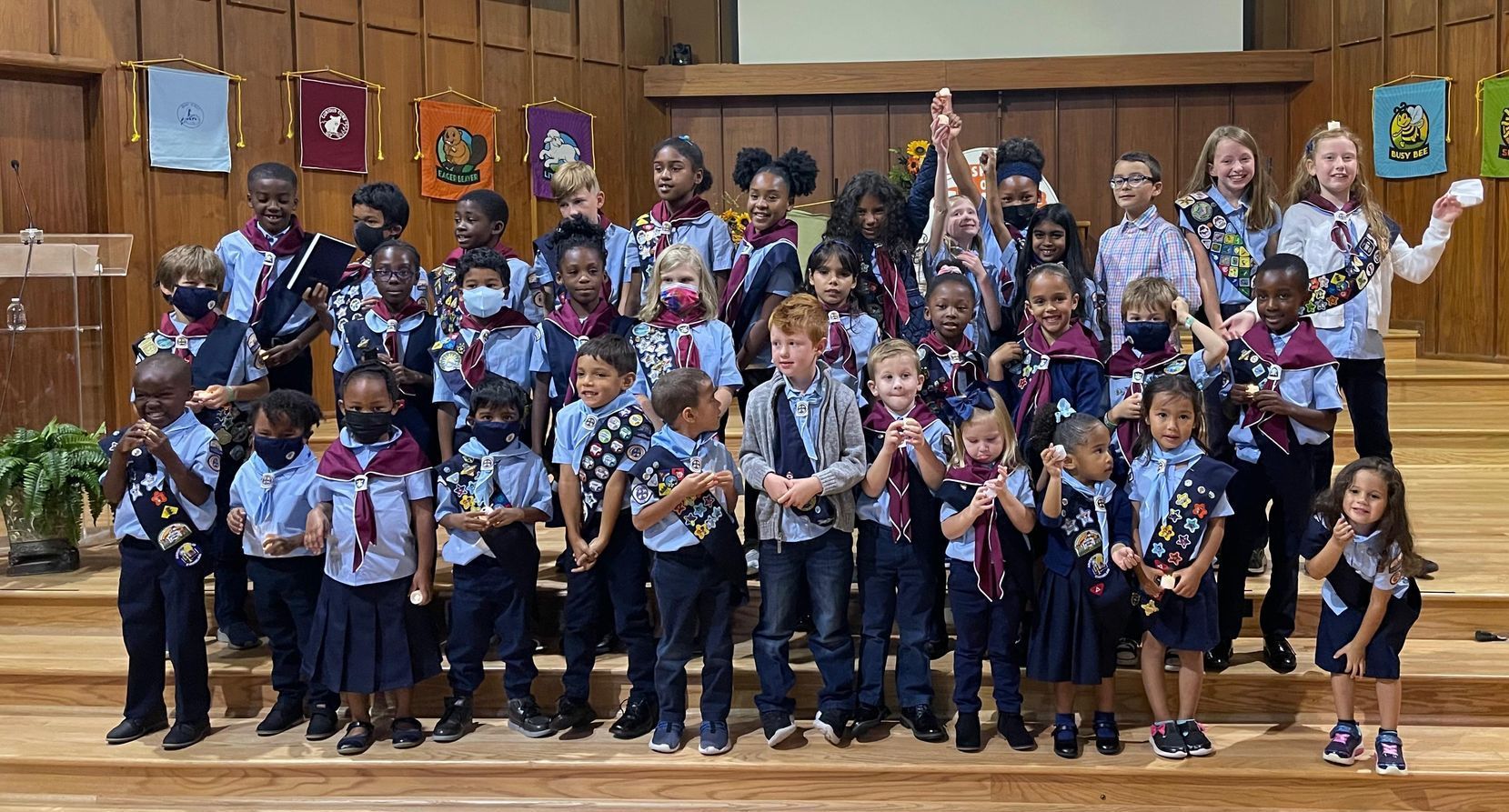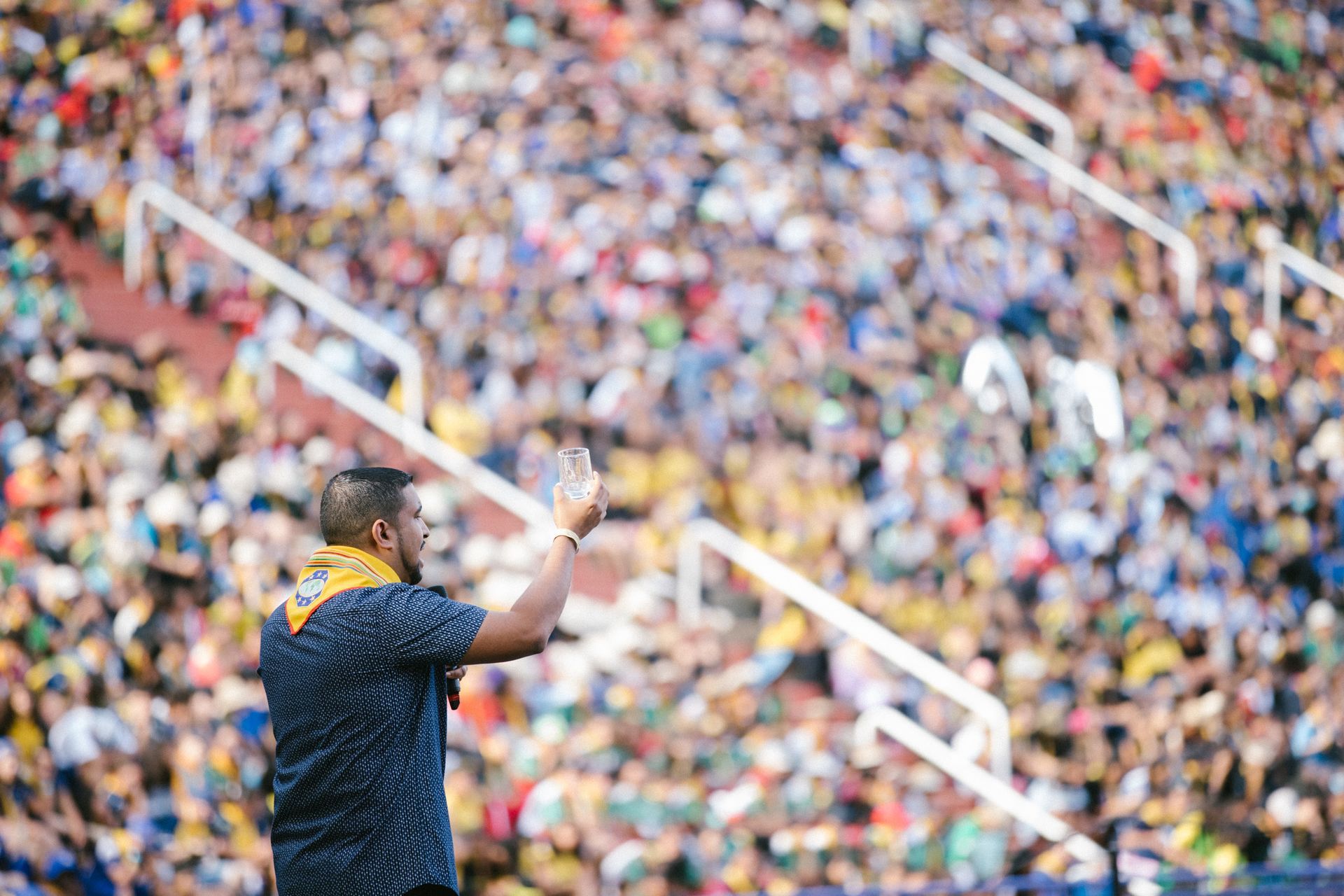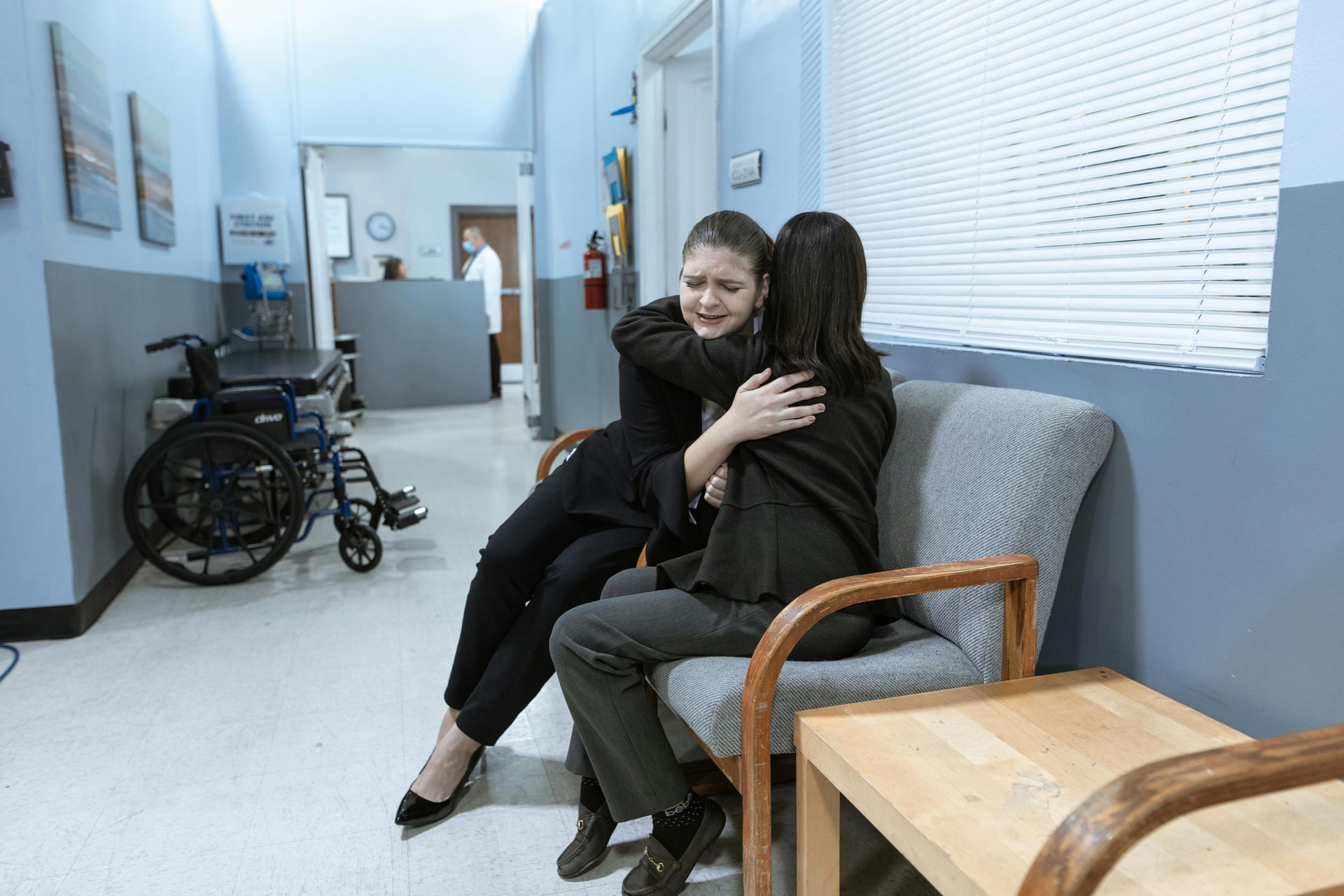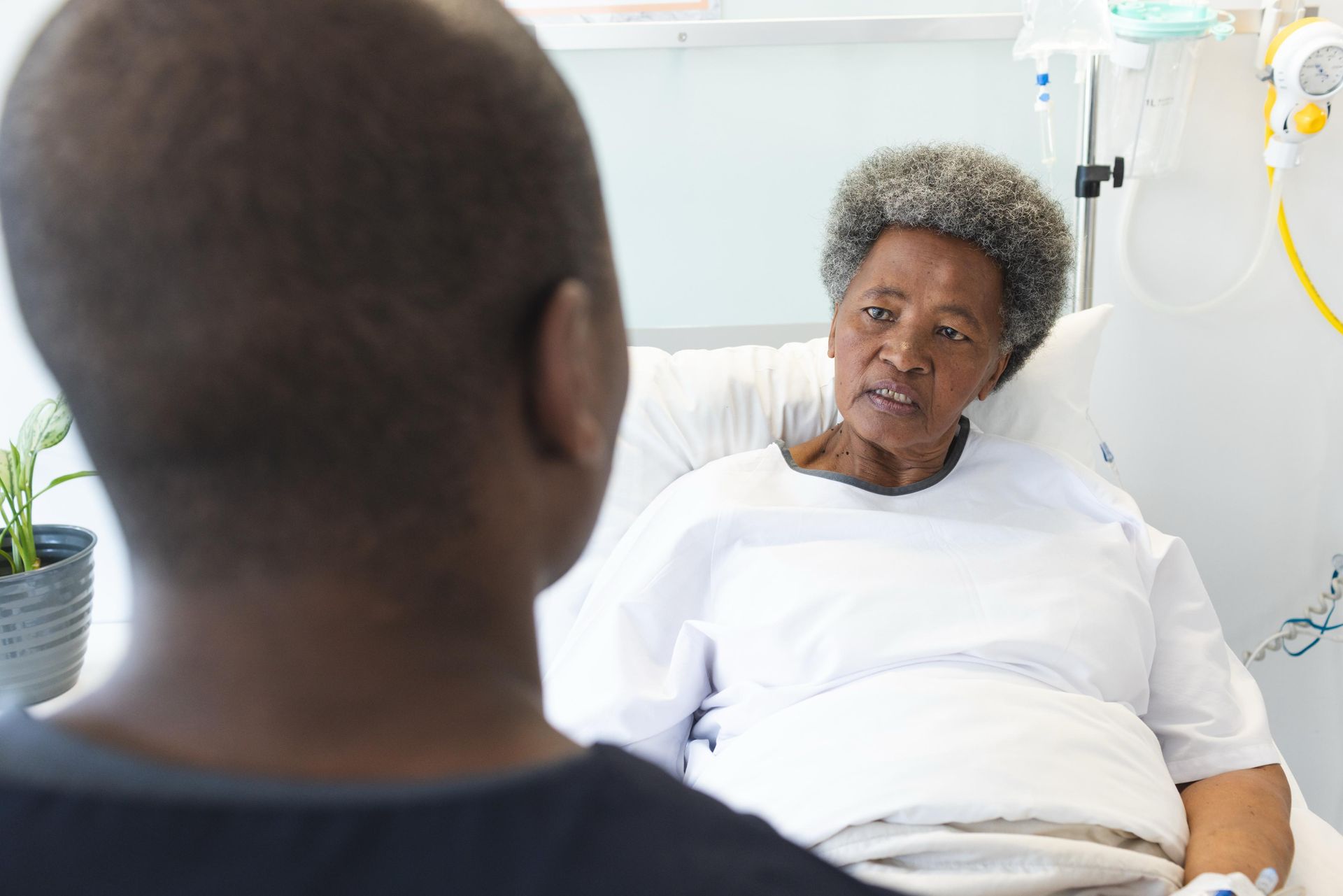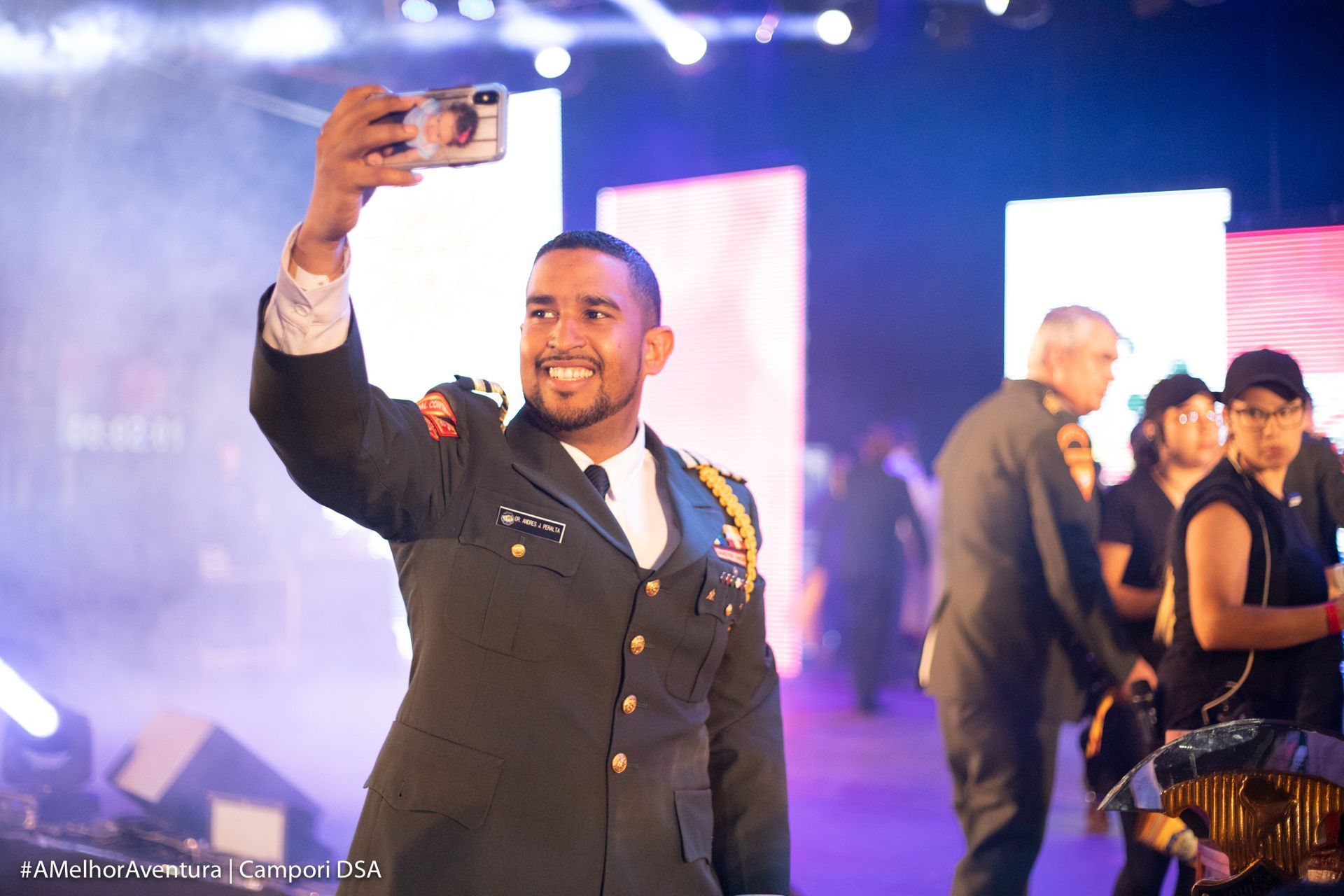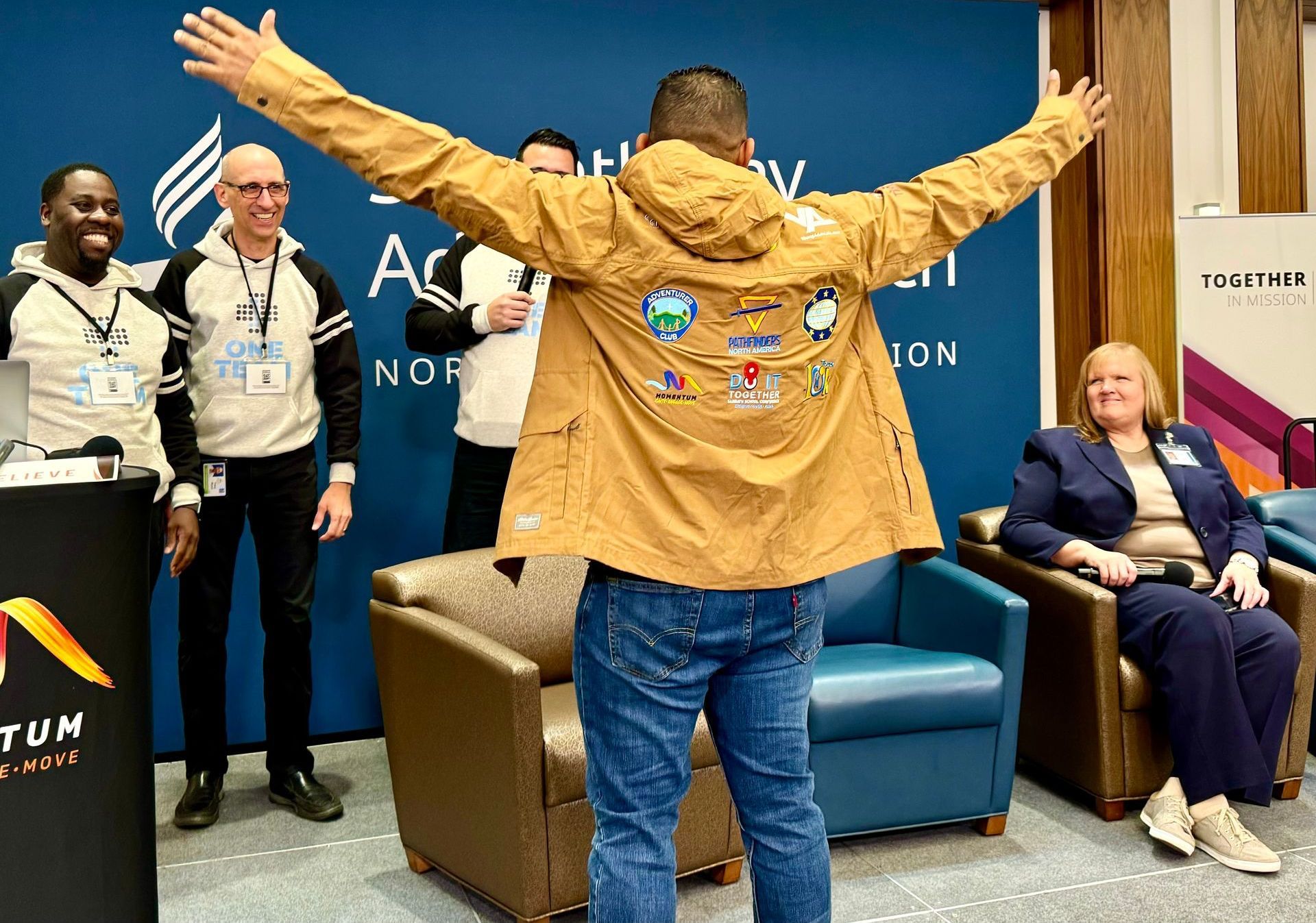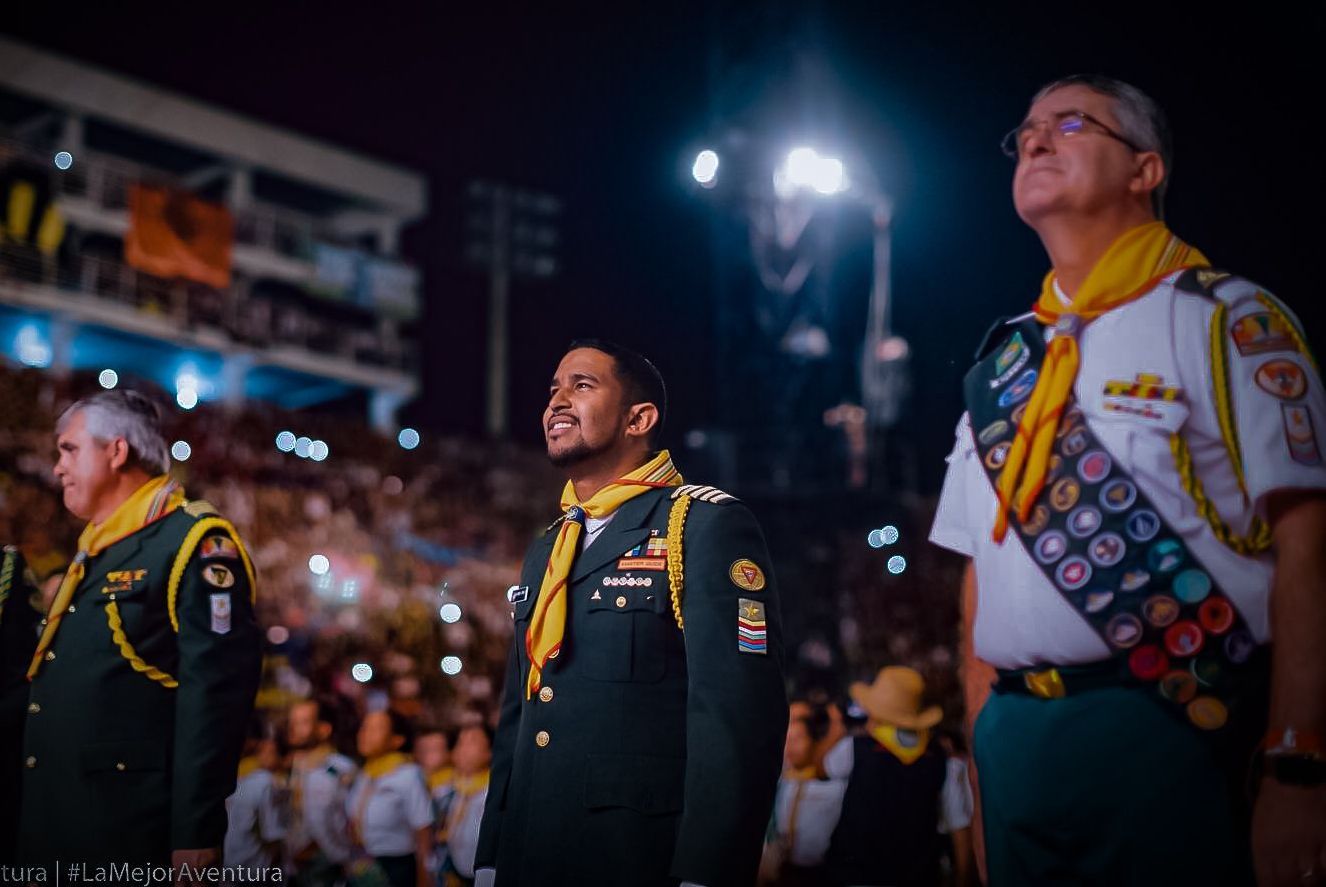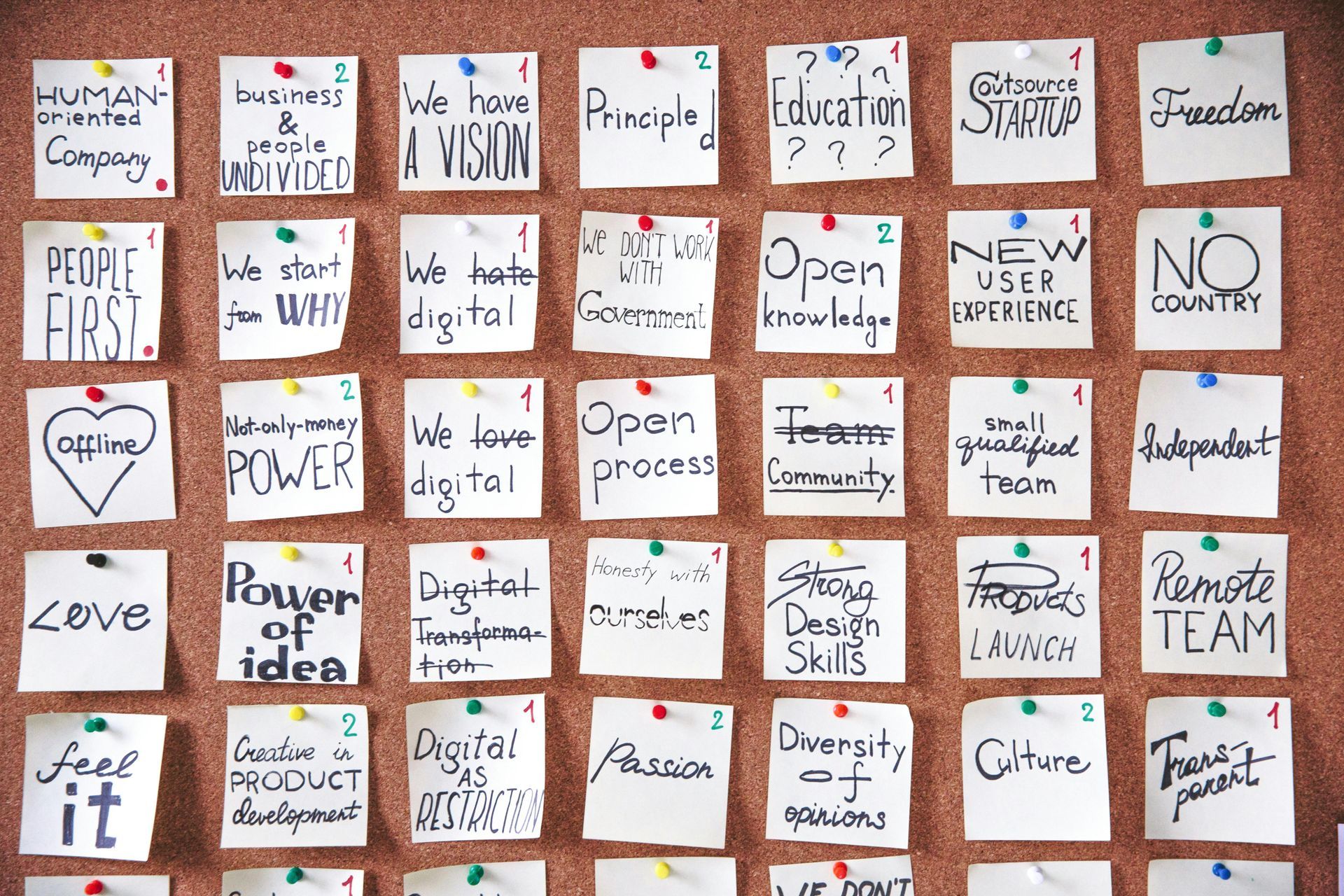By Andres J Peralta
•
August 9, 2025
El Evangelio no cambia, pero las generaciones sí . Cada grupo etario percibe el mundo, la fe y la autoridad espiritual de manera distinta. Por eso, un predicador sabio no adapta la verdad, sino su forma de comunicarla . Aquí te comparto una guía rápida para predicar con eficacia a cada generación: 👴 Generación Silenciosa (nacidos antes de 1945) • Qué valoran : respeto, tradición, reverencia, estructura. • Cómo predicarles : usa lenguaje formal, citas bíblicas claras, himnos o música tradicional. Muestra gratitud por su legado de fe. • Consejo : Sé pastoral. Afirmarlos en su fe firme y constante les llena el alma. 🧓 Baby Boomers (1946–1964) • Qué valoran : compromiso, estabilidad, trabajo duro, impacto. • Cómo predicarles : conecta el Evangelio con legado, misión y propósito. Muestra cómo aún pueden ser útiles en la obra de Dios. • Consejo : Predica con esperanza y desafíos. Les gusta sentir que su vida sigue haciendo diferencia. 👨💼 Generación X (1965–1980) • Qué valoran : autenticidad, equilibrio, sentido práctico. • Cómo predicarles : evita el exceso de emoción o el espectáculo. Sé real, directo, bíblico. Conecta el mensaje con la vida diaria. • Consejo : Usa ejemplos de familia, trabajo, y relaciones reales. Esta generación aprecia la estabilidad con sentido. 🧑💻 Millennials (1981–1996) • Qué valoran : propósito, justicia social, inclusión, comunidad. • Cómo predicarles : sé visual, breve, empático. Usa historias personales, multimedia y participación. Muestra a Jesús como un revolucionario de amor y verdad. • Consejo : No los juzgues, acompáñalos. Dales espacio para cuestionar, pensar y servir. 👩🎓 Generación Z (1997–2012) • Qué valoran : identidad, salud mental, conexión digital, causas reales. • Cómo predicarles : sé vulnerable, breve y directo. Usa redes sociales, lenguaje visual, y temas reales como ansiedad, bullying, adicciones, relaciones tóxicas. Jesús debe ser visto como alguien cercano y real. • Consejo : No les impongas, invítalos a explorar. Habla con ellos, no a ellos. 🧒 Generación Alfa (2013 en adelante) • Qué valoran : entretenimiento, conexión emocional, tecnología. • Cómo predicarles : cuentos, música, títeres, objetos, juegos. Mantén todo visual, participativo y con moralejas sencillas. • Consejo : Predicarles es formar los primeros conceptos de Dios. Hazlo con dulzura, creatividad y alegría. Conclusión No se trata de dividir la iglesia por edades, sino de comunicar a cada grupo como Jesús lo haría : entendiendo su contexto, lenguaje y luchas. Ser predicador intergeneracional es ser puente entre corazones, unificador de visiones y sembrador de esperanza eterna.
